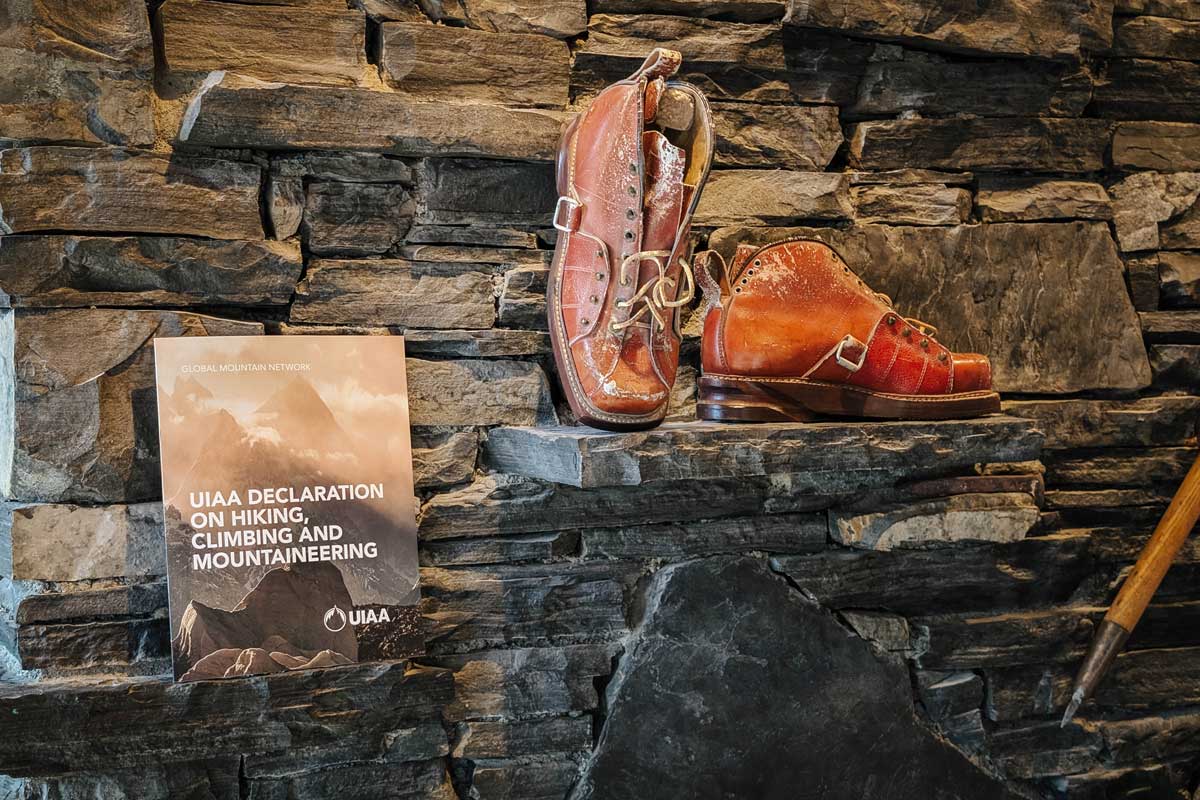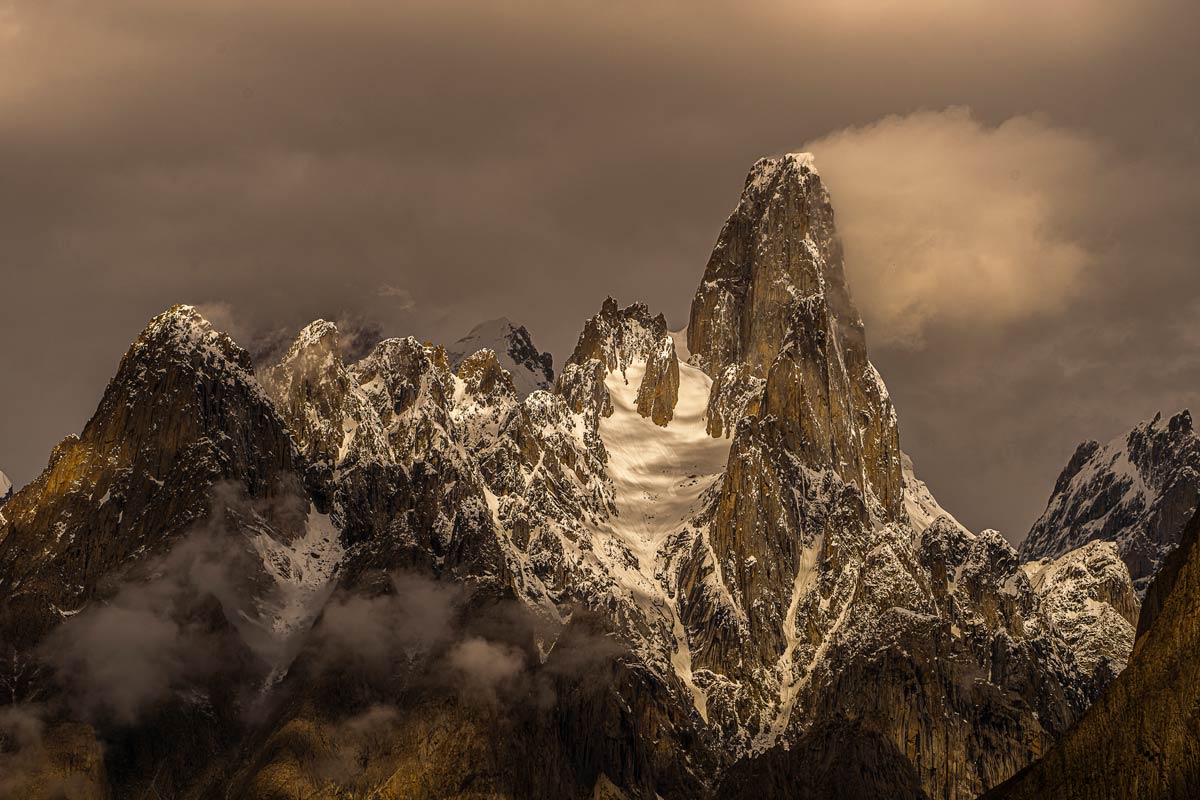Leading members of the global climbing community have discussed the concerns of climbers and challenges of undertaking expeditions to high and remote mountain ranges.
The frank and open debate took place on the sidelines of the 2010 UIAA General Assembly in Bormio, Italy on October 8. Sometimes just getting to the base of a mountain is a hurdle as great as climbing the peak itself, the well-attended meeting heard.
Mark Richey of the American Alpine Club (AAC) led the discussion and outlined the aims of the Expeditions working group set up by the UIAA. He said some of the pressing issues are the following: opening new and closed areas for climbers; developing a consistent and appropriate permit and fee model; reducing fees for young climbers and ensuring fair treatment of local guides and Sherpas.
Legendary British climber Doug Scott, a member of the working group, said climbers in Europe take for granted that there are no regulations in the Alps and said the goal was to “get as close to alpine conditions as we can”. Scott also said it was absurd that mountaineers were willing to pay huge sums of money to launch an expedition and cover fees, and then try to save by underpaying local guides and porters. He recommended the introduction of guide/porter minimum wages.
Nepal concerns
Ang Tshering Sherpa, immediate past president of the Nepal Mountaineering Association, reminded the gathering that the Nepal government had declared that certain areas were “free” of fees for five years (2009-2014). These are the Mid Western and Far Western Mountains of Nepal. Also all previous summiteers of Everest and Dhaulagiri are eligible for a free entry visa this year and in 2011 as a way of honouring them as good will ambassadors. He also emphasised the importance of mountain tourism for the Himalayan nation, and that without it illegal activities with devastating consequences would increase, such as logging and poaching.
Tshering said the UIAA must do more to address environmental issues in the Himalayas. He said the use of personal toilet bags are helping expeditions reduce the amount of human waste left on the mountains.
Colonel Neeraj Rana, the Principal of India’s Himalayan Mountaineering Institute, said a goal had to be to lessen the burden on the region’s most frequently climbed peaks. Clare Bond, president of the UIAA Access Commission, responded by saying that it could be the role of the UIAA to raise awareness of lesser known mountains.
Commercial guiding companies should be given a voice in the UIAA’s work on improving access since this will lend the process greater credibility, added John Nankervis of New Zealand.
The head of the defunct UIAA Expeditions Commission, Renato Moro, said a main challenge of the UIAA is to find reliable partners in Asian nations to work with on these issues.
In conclusion, Richey said creating a forum for international discussion in itself was important. To be effective, he added, any future expeditions commission would need to be small but have corresponding members representing all countries.


